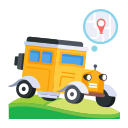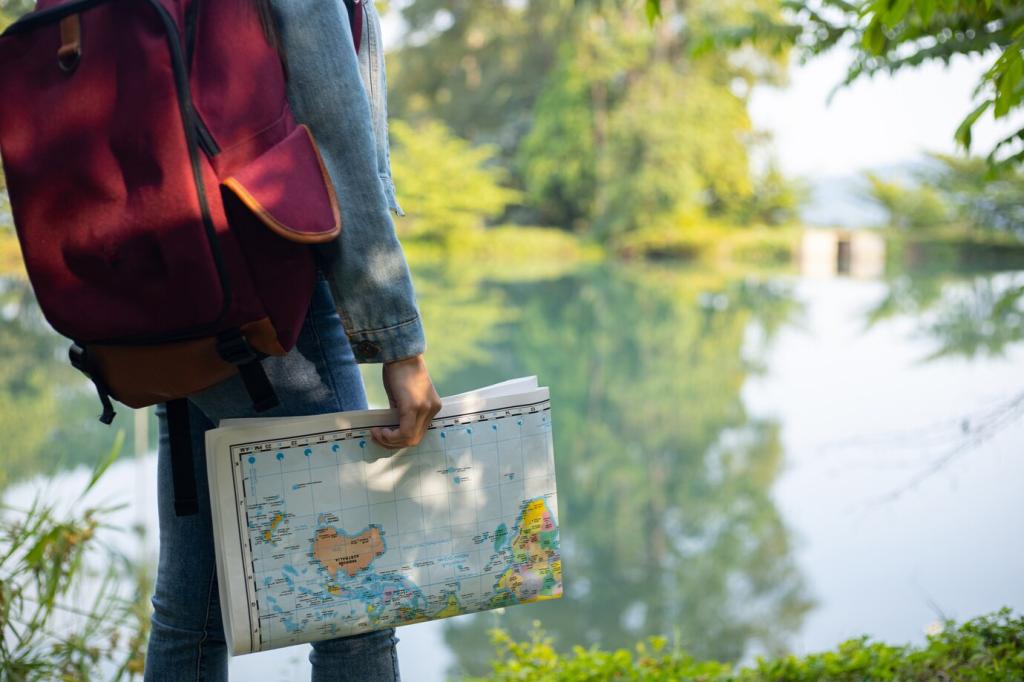
Safety Tips for Educational Travel: Confident Adventures for Curious Minds
Selected theme: Safety Tips for Educational Travel. Ready to help students and educators explore the world with clarity, calm, and practical safeguards. Dive in for real stories, field-tested checklists, and simple habits that make every learning journey safer and more rewarding—then subscribe to get future guides and printable resources.
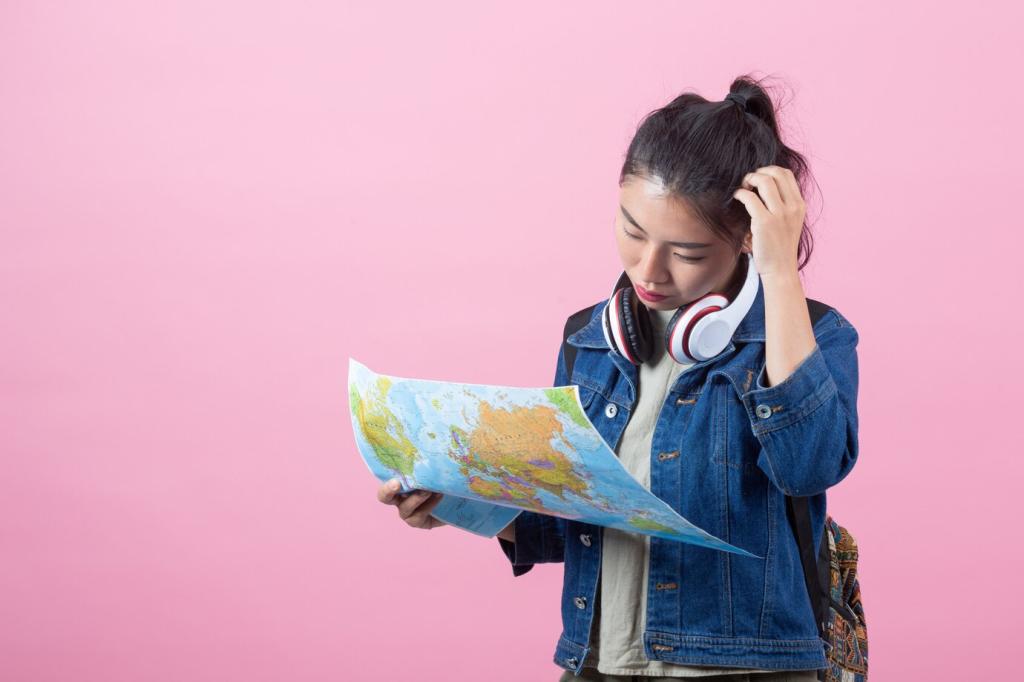
Build a Destination Risk Profile
Map local risks—weather, transportation strikes, health advisories, and neighborhood safety—using official sources and educator forums. One teacher in Lisbon avoided needless detours by checking tram repair schedules the night before. Share findings with families, and invite questions early.
Documents, Permissions, and Backups
Collect passports, visas, consent forms, allergy lists, and emergency contacts well ahead. Keep digital copies in an encrypted folder plus printed sets in sealed envelopes. A chaperone in Kyoto used laminated phone trees when devices died, preventing panic and keeping everyone on schedule.
Insurance That Fits Educational Trips
Choose policies covering medical care, evacuation, cancellations, and academic equipment. Verify preexisting condition clauses and sports exclusions. Explain coverage to families, and encourage questions in a pre-trip webinar. Subscribe for our upcoming checklist that simplifies the fine print into plain language.
Transportation Safety from Door to Door
Flying Smarter, Not Tougher
Seat minors centrally near chaperones, distribute meds across adults, and pre-label carry-ons with school info. Practice a boarding countdown and a quiet hand signal. A small ritual—thumbs-up before takeoff—reassures anxious travelers and opens conversation about safety expectations.
Buses, Metros, and Rideshares Without Anxiety
Before boarding, assign partners and a headcount leader. Confirm driver credentials and track the route in an app. In crowded stations, designate a meeting wall and a five-minute wait rule. Share your own transit tips in the comments to help future groups navigate smoothly.
Walking and Micromobility Habits That Work
Set a street-crossing protocol, reflective bands at dusk, and a back-marker adult. If renting bikes or scooters, review brakes, helmets, and local traffic norms. One Rome group avoided a close call by practicing hand signals in a quiet piazza first—ten minutes well spent.
Safe Stays: Dorms, Hostels, and Hotels
Prioritize 24/7 staffed desks, interior corridors, well-lit entrances, and proximity to hospitals or clinics. Ask about group-friendly floors and lockable storage. Educator reviews often reveal priceless details—like a night manager who gladly held passports in a safe at no cost.
Safe Stays: Dorms, Hostels, and Hotels
Upon arrival, inspect locks, windows, fire alarms, and peepholes. Set a quiet hours policy, doors closed, and no propping. A simple nightly sign-in board helps chaperones quickly confirm everyone’s location. Share your best room-check routine so others can adopt it immediately.
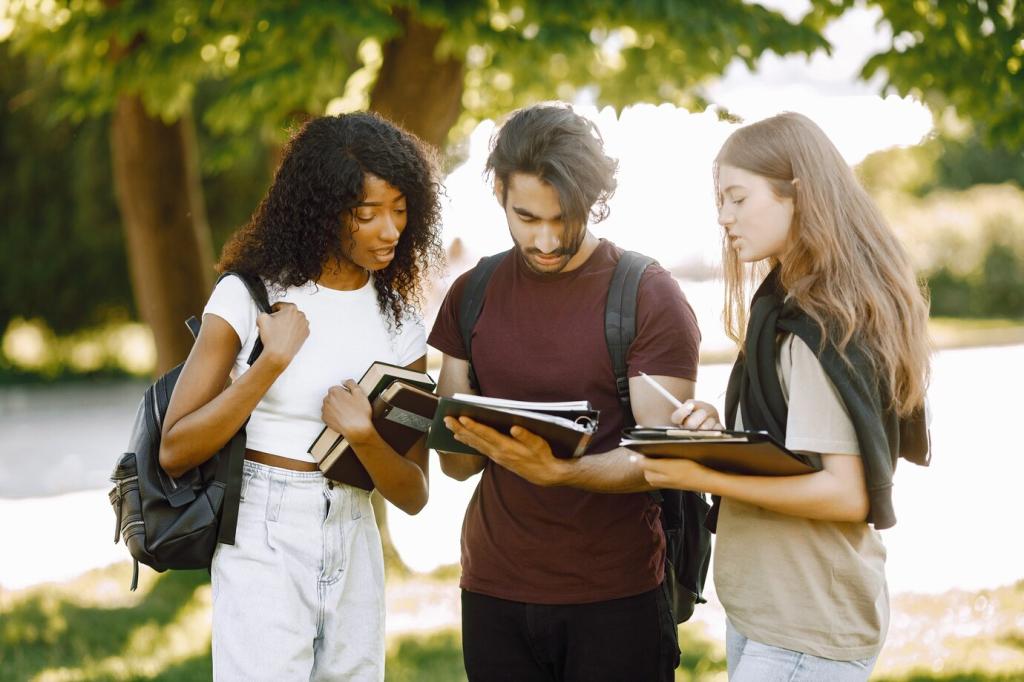
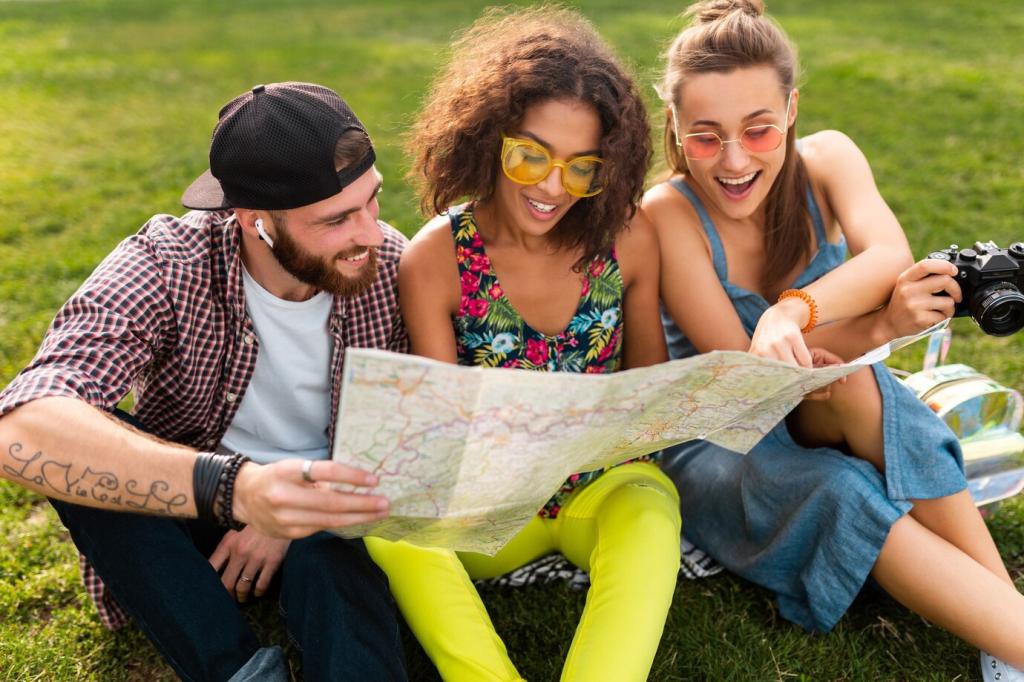
Vaccines, Prescriptions, and First Aid
Confirm destination-specific vaccines, carry prescriptions in original containers, and pack a compact kit with rehydration salts, blister care, and antihistamines. Teach students how to describe symptoms clearly. Comment with your must-have kit items to help refine our community’s go-bag.
Eating Adventurously, Not Recklessly
Choose busy stalls with high turnover, prefer cooked-to-order foods, and carry a discreet allergy card in the local language. A student in Oaxaca stayed safe by showing her peanut card before every order—vendors appreciated the clarity and offered delicious alternatives happily.
Sleep, Hydration, and Mental Check-Ins
Plan realistic bedtimes, encourage refillable bottles, and schedule short pauses for reflection. A daily mood scale—one to five—helps catch homesickness early. Invite students to share coping strategies, and subscribe for our printable wellness tracker designed specifically for educational groups.
Teach students to avoid unknown networks, use a trusted VPN, and create passphrases they can remember. Disable auto-connect and airdrop visibility. One team labeled devices with initials and trip numbers, returning two lost phones in minutes thanks to simple, thoughtful prep.
Digital Safety and Communication Plans
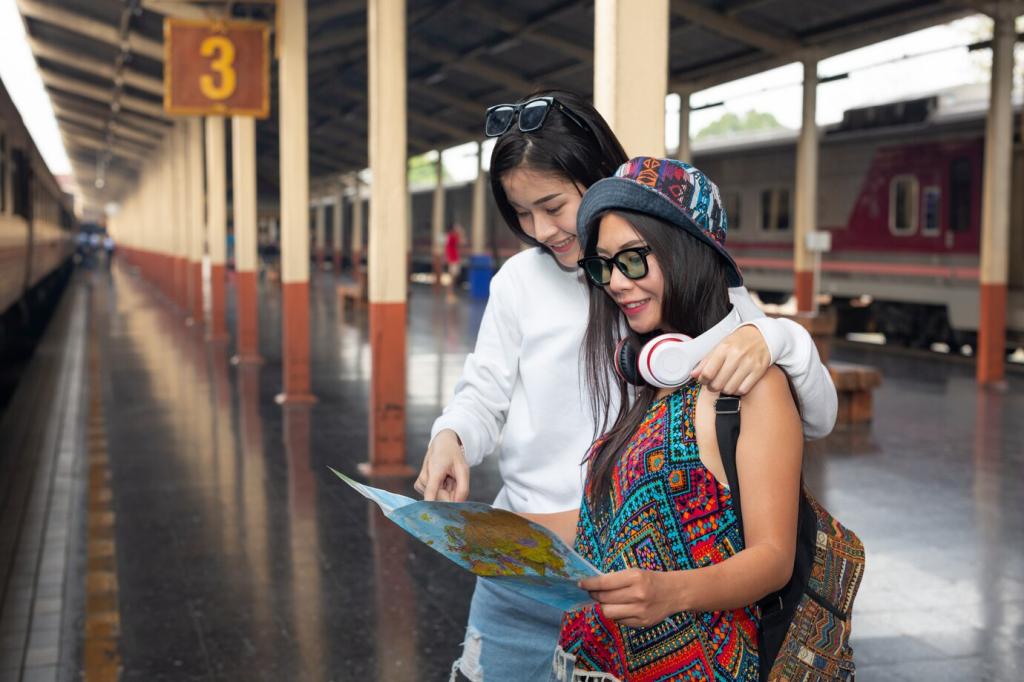
Know the Laws and Customs
Review dress codes for sacred sites, rules around public demonstrations, and photography restrictions. A guide in Amman once shared how students earned a heartfelt thank-you for removing shoes unprompted at a mosque—small gestures prevent big misunderstandings, and create lasting goodwill.
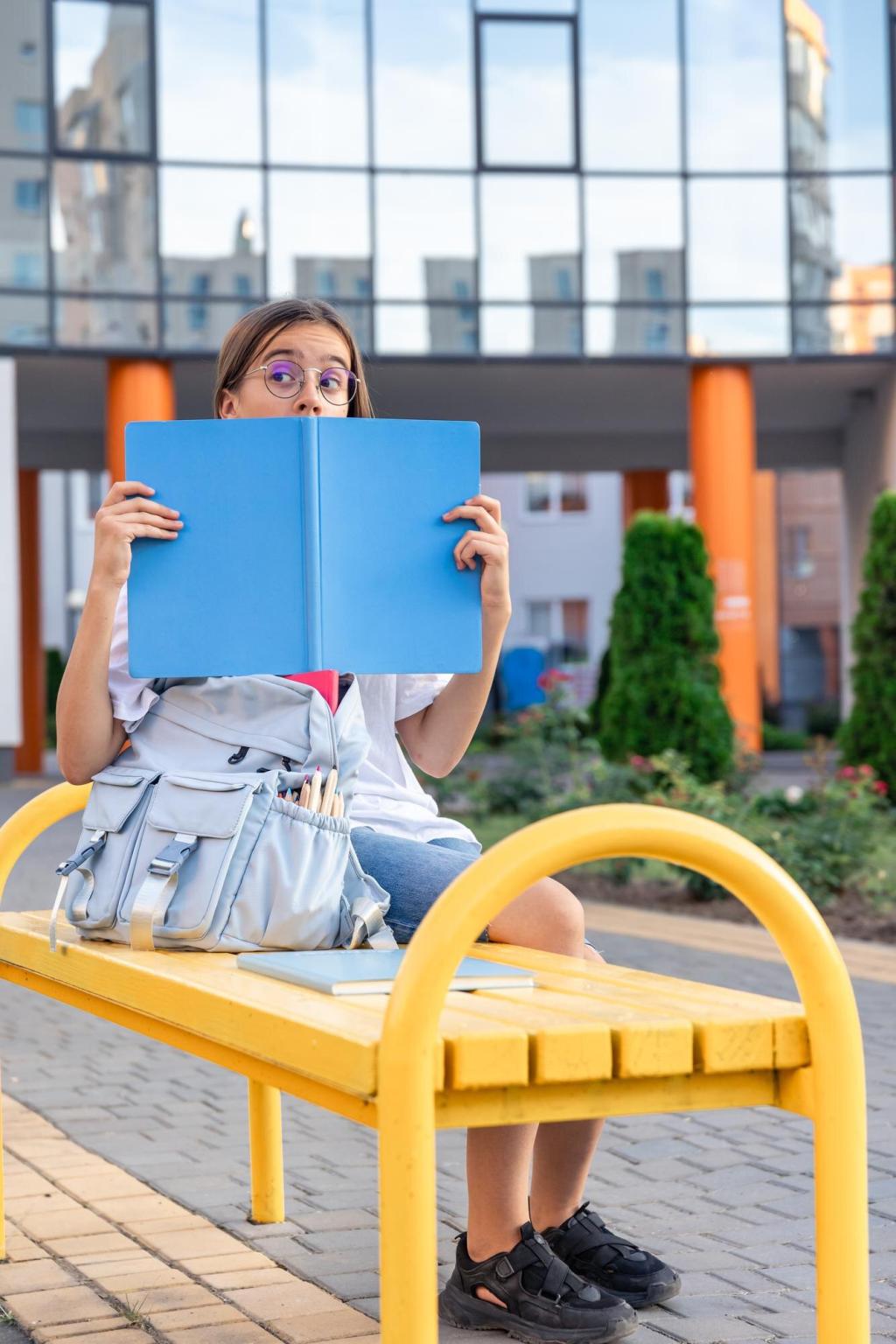
Buddy System and Situational Awareness
Use stable pairs, a rotating trio for restrooms, and a simple phrase—“Pause and scan”—before crossings or crowds. Practice reading exits and noticing landmarks. Ask readers to comment with their best landmark memory tricks to help new travelers orient confidently anywhere.
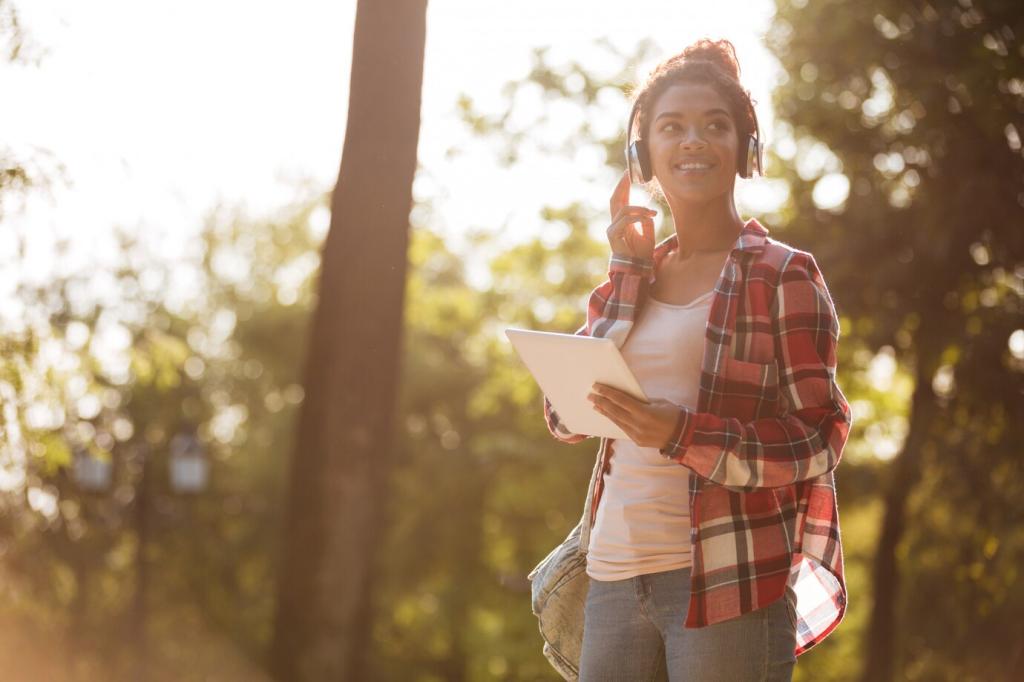
Money, Valuables, and Discretion
Carry modest amounts, split funds between belt and wallet, and keep cameras low-profile in busy markets. One group labeled envelopes for each day’s budget, cutting impulse buys and pickpocket risk. Subscribe to receive our discreet packing list for urban and rural destinations.
Crisis Response and Aftercare
Stabilize the scene, account for every person, contact local authorities, and notify your designated coordinator. Keep a printed escalation flowchart accessible. A quick headcount in Prague once revealed a student napping in the museum café—anxiety diffused because the system worked.

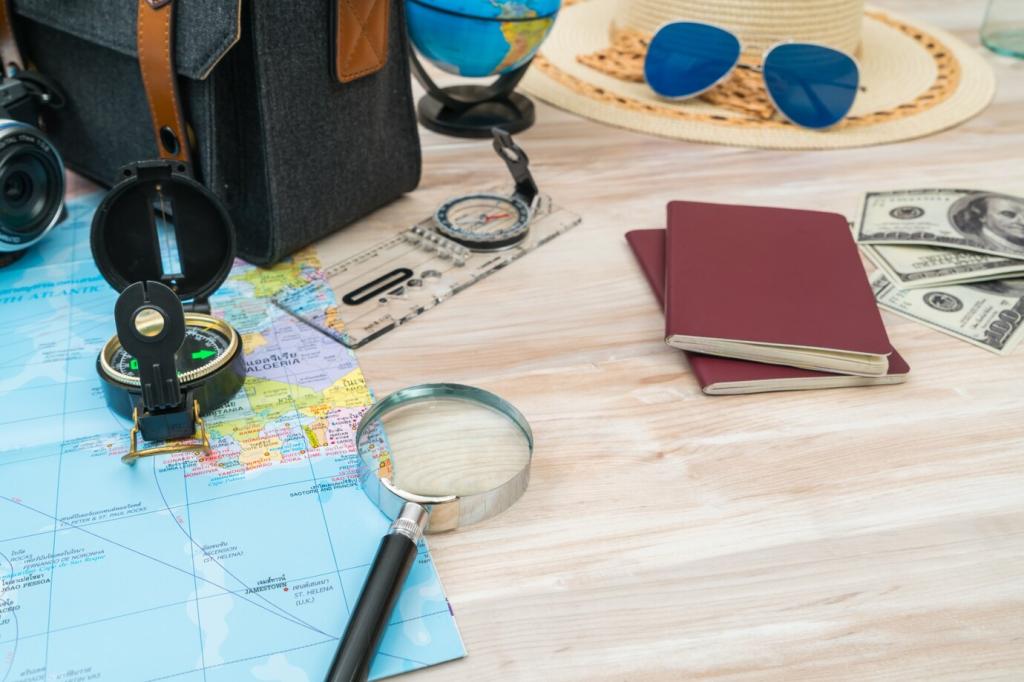
Crisis Response and Aftercare
Use a low, slow voice, give choices, and move to quieter spaces. Mirror concerns, not emotions. Train student leaders to model calm. Share a sentence that helps you steady the group—your phrase might become someone else’s lifeline in a stressful moment.
